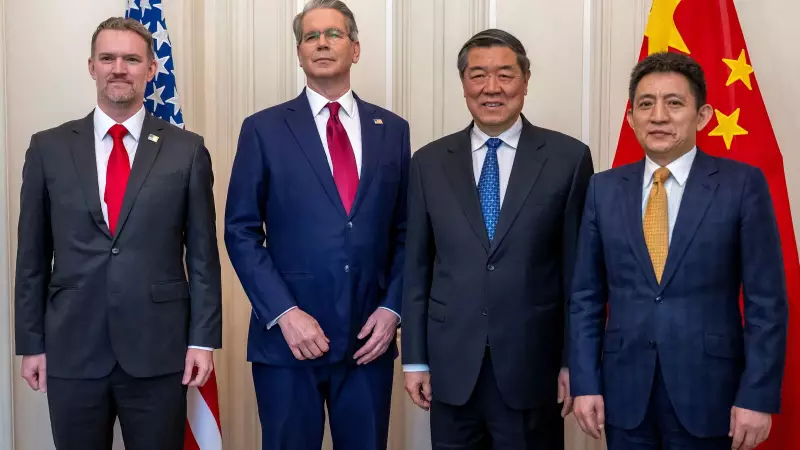
In a remarkable display of diplomatic engagement across Southeast Asia, former President Donald Trump has successfully negotiated trade peace agreements with multiple nations, marking a significant shift in regional economic dynamics. The breakthrough comes as China simultaneously demonstrates movement toward broader trade consensus, creating a new chapter in Asia-Pacific commerce.
Multi-Nation Trade Breakthrough
The trade agreements span three key Southeast Asian economies, with Thailand, Cambodia, and Malaysia all sealing deals with the Trump administration. These accords represent a strategic expansion of American economic influence in the region and come at a crucial time when global supply chains are undergoing significant realignment.
China's Parallel Movement
According to Greer's analysis, China appears to be moving toward its own trade agreement framework simultaneously. This parallel development suggests a potential recalibration of trade relationships across the Asia-Pacific region, with multiple powers actively reshaping economic partnerships and market access protocols.
Strategic Implications for Asian Economies
The newly forged agreements carry substantial implications for regional trade flows and economic cooperation. For the participating nations, these deals promise enhanced market access, streamlined trade procedures, and potentially increased foreign investment.
Thailand's agricultural and manufacturing sectors stand to benefit significantly from reduced trade barriers, while Cambodia's emerging industries gain crucial international market pathways. Malaysia, with its diverse export portfolio, positions itself for expanded trade relationships beyond traditional partners.
Regional Economic Rebalancing
These developments signal a potential rebalancing of economic influence in Southeast Asia. The simultaneous movement toward agreements with both Western powers and China indicates that regional nations are pursuing diversified economic strategies rather than exclusive partnerships.
Future Trade Landscape
The successful negotiation of these trade deals demonstrates the continuing evolution of international commerce frameworks. As nations navigate post-pandemic economic recovery and shifting global dynamics, such agreements become increasingly vital for sustained growth and stability.
The convergence of multiple trade initiatives across the region suggests that 2024 may mark a turning point in Asia-Pacific economic integration, with potential ripple effects for global trade patterns and international business strategies.





